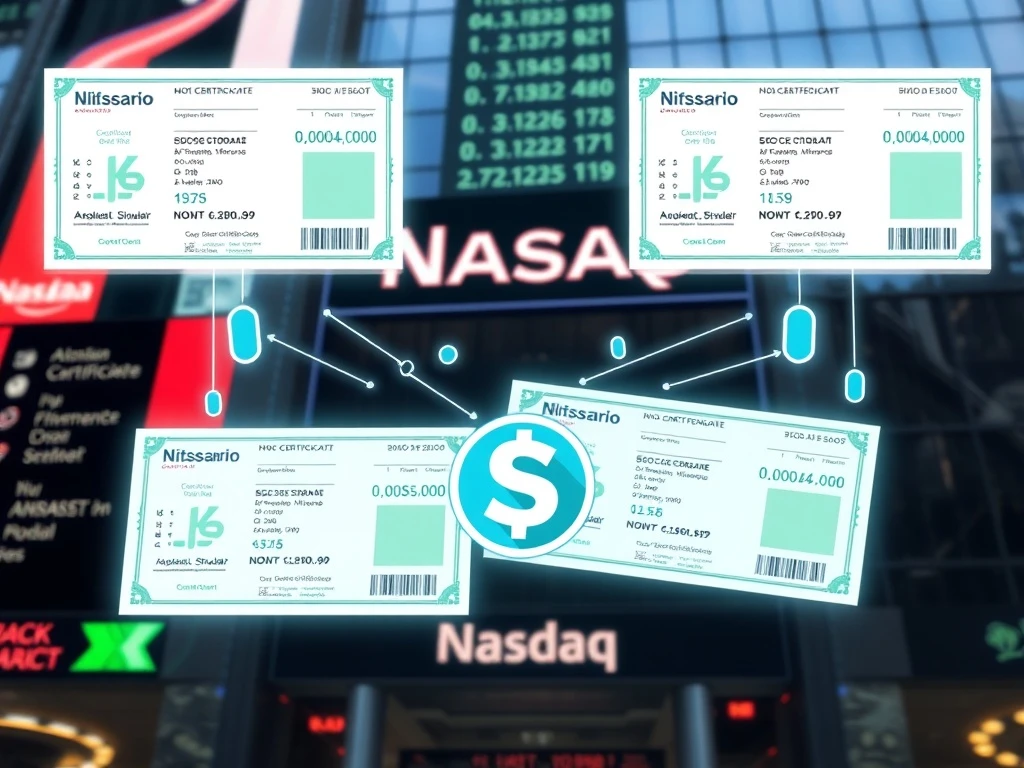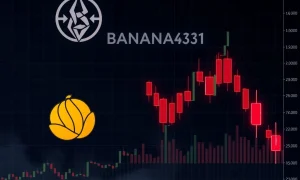The financial world witnessed a historic moment in September 2025 when Galaxy Digital and Superstate achieved the first direct issuance of U.S. publicly traded equity on a major blockchain. This groundbreaking development in tokenized equities represents a seismic shift in how institutional investors and traders access capital markets, offering unprecedented efficiency and global accessibility.
What Are Tokenized Equities and Why They Matter
Tokenized equities represent real company shares issued directly on blockchain networks. Unlike synthetic derivatives, these digital assets provide full legal and economic rights. Investors receive dividend entitlements and voting rights through SEC-registered transfer agents. The Galaxy-Superstate collaboration marks a pivotal moment for tokenized equities adoption.
Operational Advantages of Blockchain-Based Equity Trading
Traditional T+2 settlement cycles become obsolete with instant blockchain settlement. Markets operate 24/7 without geographical restrictions. Fractional ownership enables broader investor participation. Reduced counterparty risk through transparent smart contracts. These advantages make tokenized equities particularly attractive for institutional portfolios.
Regulatory Framework and Compliance Considerations
The SEC’s Project Crypto initiative provides regulatory clarity for digital assets. EU’s MiCA regulation establishes cross-border standards. Registered transfer agents ensure real-time shareholder updates. Compliance remains the top priority for 84% of institutional investors. This regulatory foundation supports sustainable growth of tokenized equities.
Market Growth Projections and Institutional Adoption
Industry analysts project the tokenized assets market will reach $1.34 trillion by 2030. Major financial institutions including Franklin Templeton and JPMorgan are expanding offerings. Solana’s RWA sector grew 218% in TVL during Q3 2025. Institutional adoption drives liquidity and market maturity for tokenized equities.
Risk Management in Tokenized Asset Investing
Smart contract vulnerabilities require specialized security protocols. Cross-border regulatory differences present compliance challenges. Liquidity concerns in emerging token markets demand careful assessment. Institutions implement AI-driven risk management systems. These measures ensure responsible expansion of tokenized equities markets.
Future Outlook and Strategic Implications
The convergence of traditional finance and blockchain technology accelerates. Hybrid models balance innovation with regulatory compliance. Global accessibility transforms capital market participation. Institutional investors must adapt risk frameworks accordingly. Tokenized equities represent the future of efficient capital markets.
Frequently Asked Questions
What exactly are tokenized equities?
Tokenized equities are digital representations of traditional company shares issued directly on blockchain networks, providing identical legal and economic rights as conventional stocks.
How do tokenized equities differ from synthetic assets?
Unlike synthetic derivatives, tokenized equities represent direct ownership through SEC-registered transfer agents, ensuring full dividend and voting rights.
What regulatory protections exist for investors?
Tokenized equities operate under existing securities regulations with additional blockchain-specific compliance measures through initiatives like Project Crypto and MiCA standards.
Can retail investors participate in tokenized equity markets?
Yes, fractional ownership capabilities and 24/7 trading accessibility make tokenized equities available to both institutional and retail investors.
What are the main risks associated with tokenized equities?
Primary risks include smart contract vulnerabilities, regulatory uncertainty across jurisdictions, and emerging market liquidity challenges.
How do settlement times compare to traditional markets?
Tokenized equities settle nearly instantly compared to traditional T+2 settlement cycles, significantly reducing counterparty risk.








